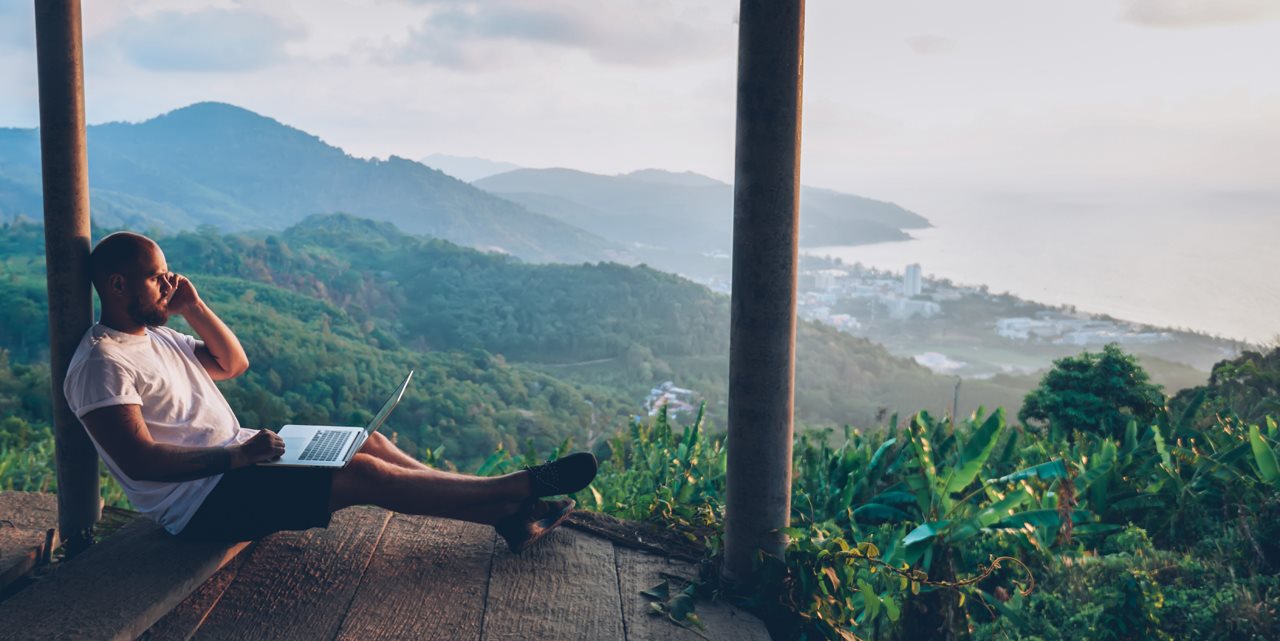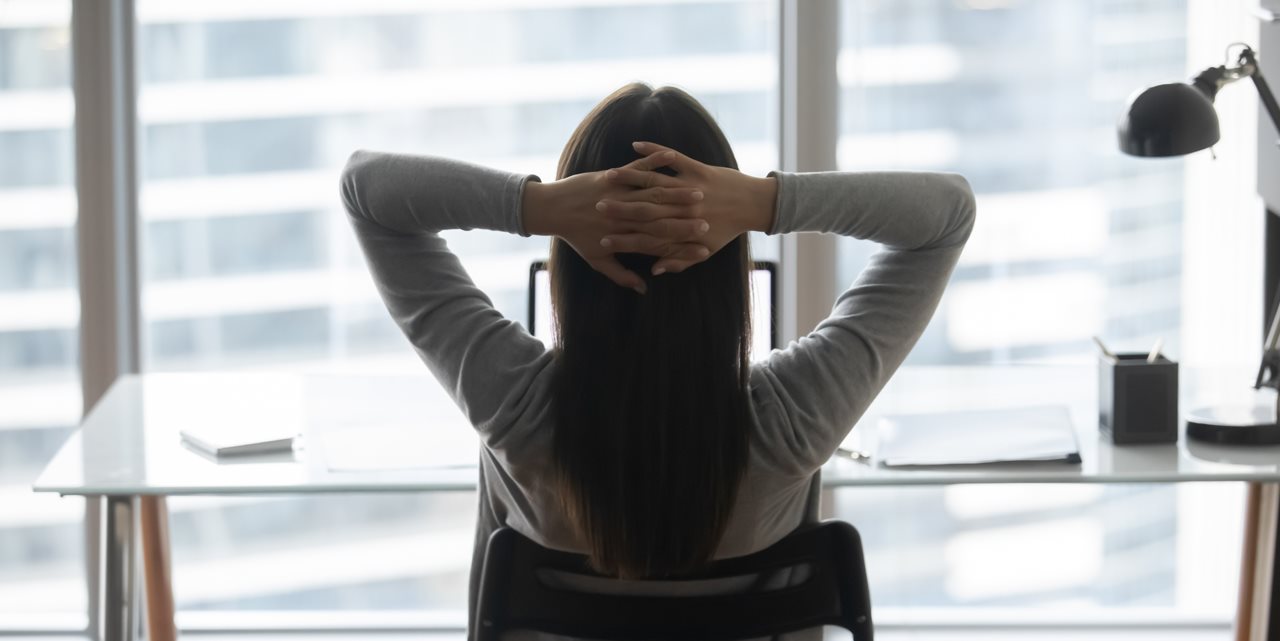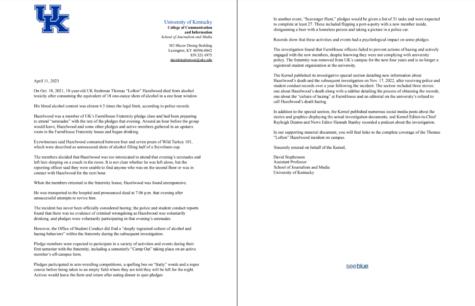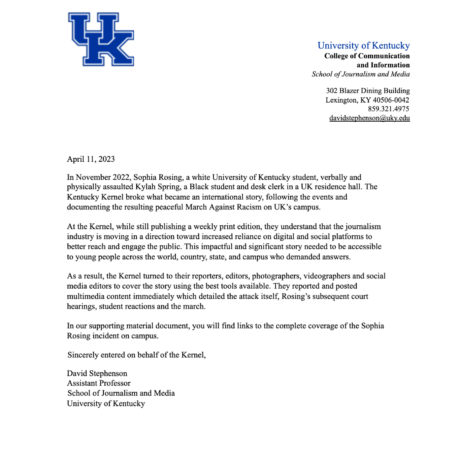Heading back to the office? Here are 7 ways to prevent burnout
March 30, 2022

(BPT) –
Regardless of whether you’re excited or apprehensive about returning to the office, it’s natural to feel anxious about how “opening up” will impact the routine you’ve settled into over the past couple of years. For some, this is a welcomed change, providing familiar ways to socialize and collaborate. For others, this may feel like an end of an era of unprecedented flexibility and the work-from-home life. A recent study by Expedia.com found that over half of Americans were able to travel more due to flexible work policies and more than one in 10 took a workcation last year. However, the same study revealed that a whopping 72% felt more burned out in 2021 due to the stress of the pandemic and more than half (54%) of working adults felt working from home has made it more difficult to be unplugged from work when off the clock.

The key to combating stress may lie in balance. An overwhelming majority (92%) of working adults in the U.S. agree that regular vacations are important for general health and well-being. Furthermore, over 90% believe regular vacations not only help create new memories with loved ones but strengthen relationships with family. It’s clear everyone understands the value of taking meaningful time away from work, but to get the most out of your time off it’s critical to establish clear boundaries between work and play.

As things go back to “business as usual,” here are a few tips to keep burnout at bay:
- Keep your cell phone number to yourself. 63% of Americans admitted they include their mobile numbers in their OOO replies. While it’s understandable many feel the need to be readily available to others, this can invite interruptions. Instead, provide “office hours” and when you’ll next be available.
- Shelve the side-hustle. Nearly half of Americans feel guilty when they aren’t “productive” while on vacation, leading them to use this time on a side-hustle. Remember to give yourself time to rest, relax and recharge. Set (and stick to) a schedule with clear end and start times if you plan to spend some of your PTO on work outside of work.
- Leave the laptop at your desk. 78% of people enjoy feeling unproductive during their time off, however, half still bring their work laptops on vacation and 41% join zoom calls. Instead of lugging your heavy laptop with you, leave it at your desk where it belongs and limit the temptation to work.
- Have something to look forward to. People are booking their travel earlier than ever and, beyond the travel FOMO the pandemic created, they may be onto something. Countless experts say having something to look forward to — like a summer getaway, time catching up with loved ones, a weekend to lay by a fancy hotel pool with electronics tucked away — can improve mood and motivation.
- No excuses needed. 52% of Americans feel guilty asking coworkers to cover their work while on PTO, and 44% feel the need to apologize or make excuses for taking time off. However, most also agree their coworkers are supportive of them using their vacation time. Shed the guilt and enjoy your well-deserved time.
- Go BIG. 2022 is the year of “no regrets,” the year to take the greatest of all trips (or GOAT). After more than two years of restricting not only when and where we go on vacation but also who we go on vacation with, it’s no wonder the experts at Expedia are predicting people will be going all out this year. Splurge and indulge — whether that means upgrading your hotel room during a staycation or planning a weekend away from the kids to zipline through Costa Rica.
- Permission to PTO. Believe it or not, Americans take the least amount of vacations compared to the rest of the world. Whether you’ve “clocked out” for the day or requested a week off to travel, make the most of your time by giving yourself permission to PTO.
Want more tips on giving yourself permission to PTO? Check out the Expedia Explore blog for inspiration and unforgettable travel ideas.
With COVID-19, it’s important to stay up to date on the latest travel guidance and restrictions. Find out what to expect, how to find flexible travel and other information on our COVID-19 travel guide.
Data from Expedia’s Vacation Deprivation study, conducted online among 14,544 respondents across 16 countries in North and South America, Europe and Asia-Pacific. Commissioned from December 14 – December 30, 2021, on behalf of Expedia by Northstar Research Partners, responses were gathered using an amalgamated group of best-in-class panels.
















































































































































